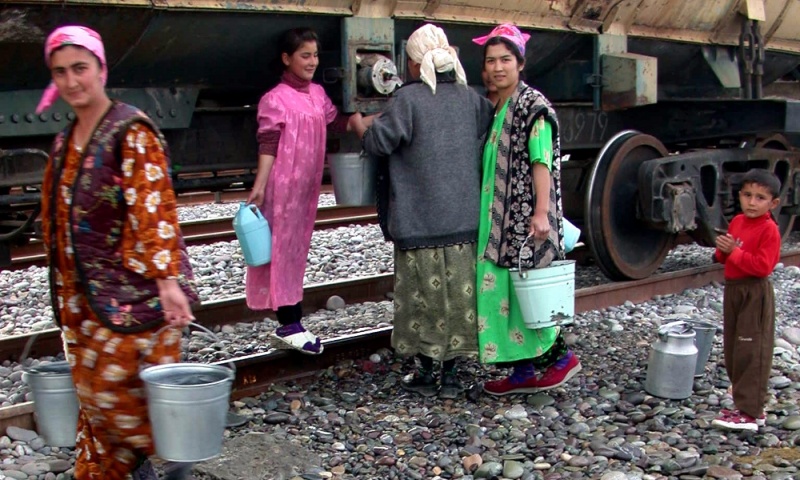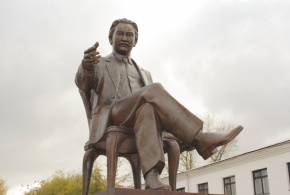
Households, schools and health clinics in the poorest regions of southern Tajikistan will gain access to improved water supply and sanitation services, thanks to the Rural Water Supply and Sanitation Project, according to the World Bank Country Office for Tajikistan, reports Asia plus.
The World Bank’s Board of Executive Directors approved $58 million in grant financing for the project from the International Development Association on February 28.
“Safe drinking water and sanitation are among the most unequally distributed services in the country,” says Jan-Peter Olters, World Bank Country Manager for Tajikistan. “A renewed focus on investments in high-quality water and sanitation services, along with adequate maintenance, will foster good health among the population and help prevent many children from experiencing bouts of diarrhea that can stunt physical growth and mental development.”
According to a recent study, only 36% of rural households in Tajikistan had access to safe drinking water in 2016, compared to 87% of urban households. More than one in five residents in rural areas rely on surface water as their main drinking water source. In three out of four households, women and girls are solely responsible for water collection, which is physically challenging, and comes at the expense of education or employment.
Many rural schools have no funds for sanitation and hygiene activities, resulting in poor maintenance of water supply and sanitation facilities. Only half of rural schools have access to piped water, with almost 60% using pit latrines with slabs as toilets.
Thanks to the Rural Water Supply and Sanitation Project, over 400,000 people will gain access to cleaner drinking water and around 100,000 people, mainly children, will benefit from investments in sanitation facilities and hygiene training in schools. Sanitation facilities in about 200 schools and health clinics will be constructed or rehabilitated.



















 Сот белсенді Ермек Нарымбайдың мерзімінен ерте босап шығу туралы өтінішін орындамады
Сот белсенді Ермек Нарымбайдың мерзімінен ерте босап шығу туралы өтінішін орындамады
 Poverty and misery of …. “terrorists”
Poverty and misery of …. “terrorists”
 SCIENTISTS OF THE KAZNU ARE INVESTIGATING THE PROBLEM OF SURVIVAL OF MICROORGANISMS IN EXTREME CONDITIONS
SCIENTISTS OF THE KAZNU ARE INVESTIGATING THE PROBLEM OF SURVIVAL OF MICROORGANISMS IN EXTREME CONDITIONS
 "Atomic" exam for officials of Kazakhstan
"Atomic" exam for officials of Kazakhstan
 Faculty of Journalism of the Al-Farabi Kazakh National University held an annual scientific and practical conference «Bekhozhinov readings»
Faculty of Journalism of the Al-Farabi Kazakh National University held an annual scientific and practical conference «Bekhozhinov readings»
 Kazakhstan signed an agreement with Russia on the allocation of vaccine against coronavirus
Kazakhstan signed an agreement with Russia on the allocation of vaccine against coronavirus